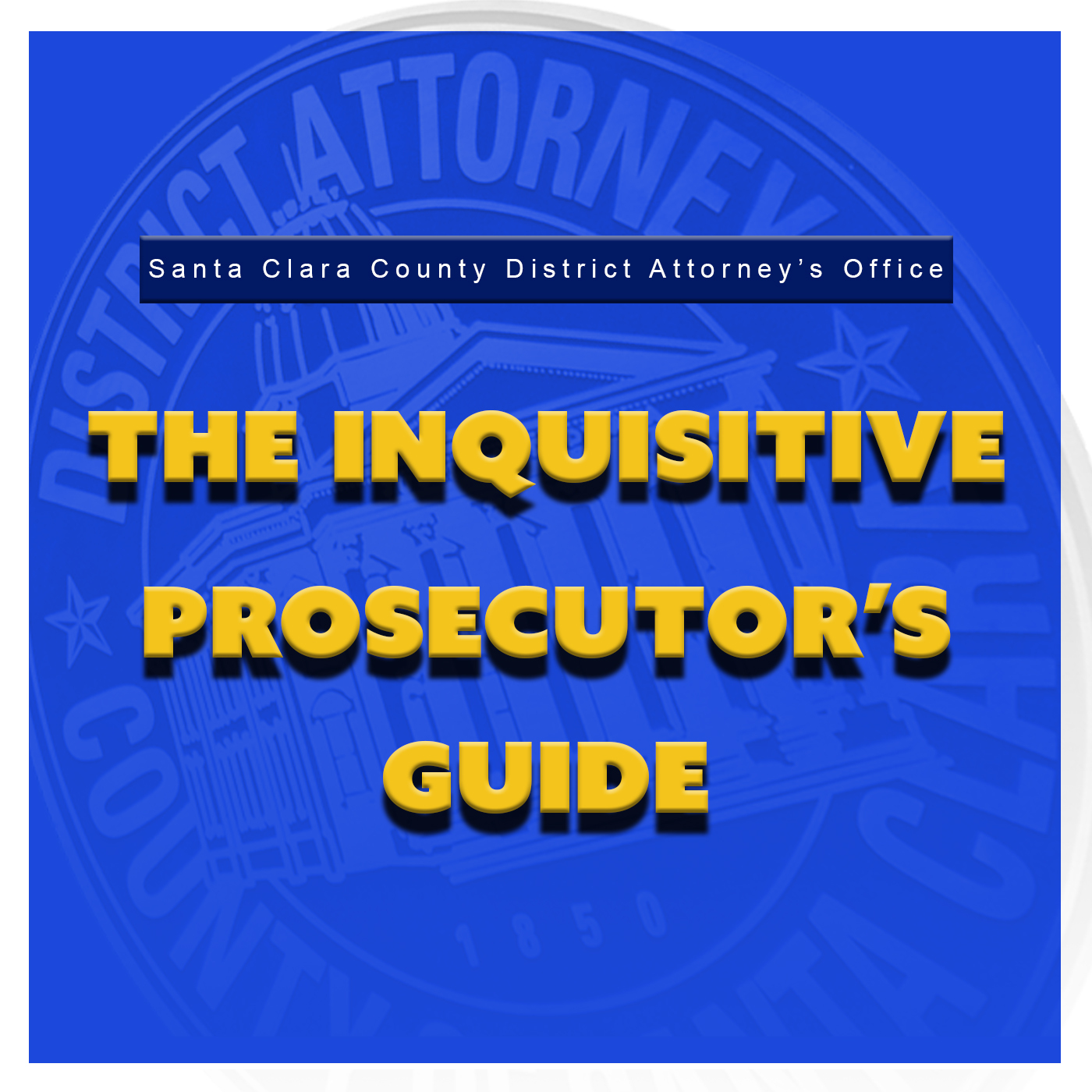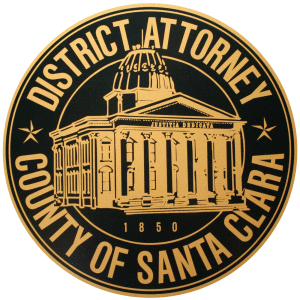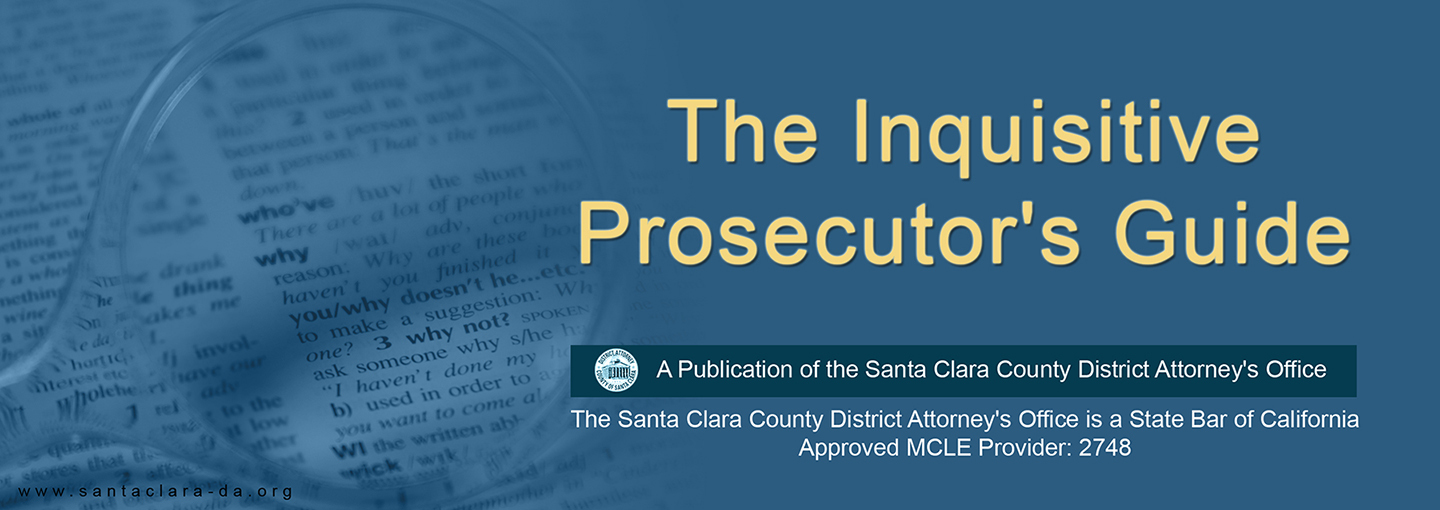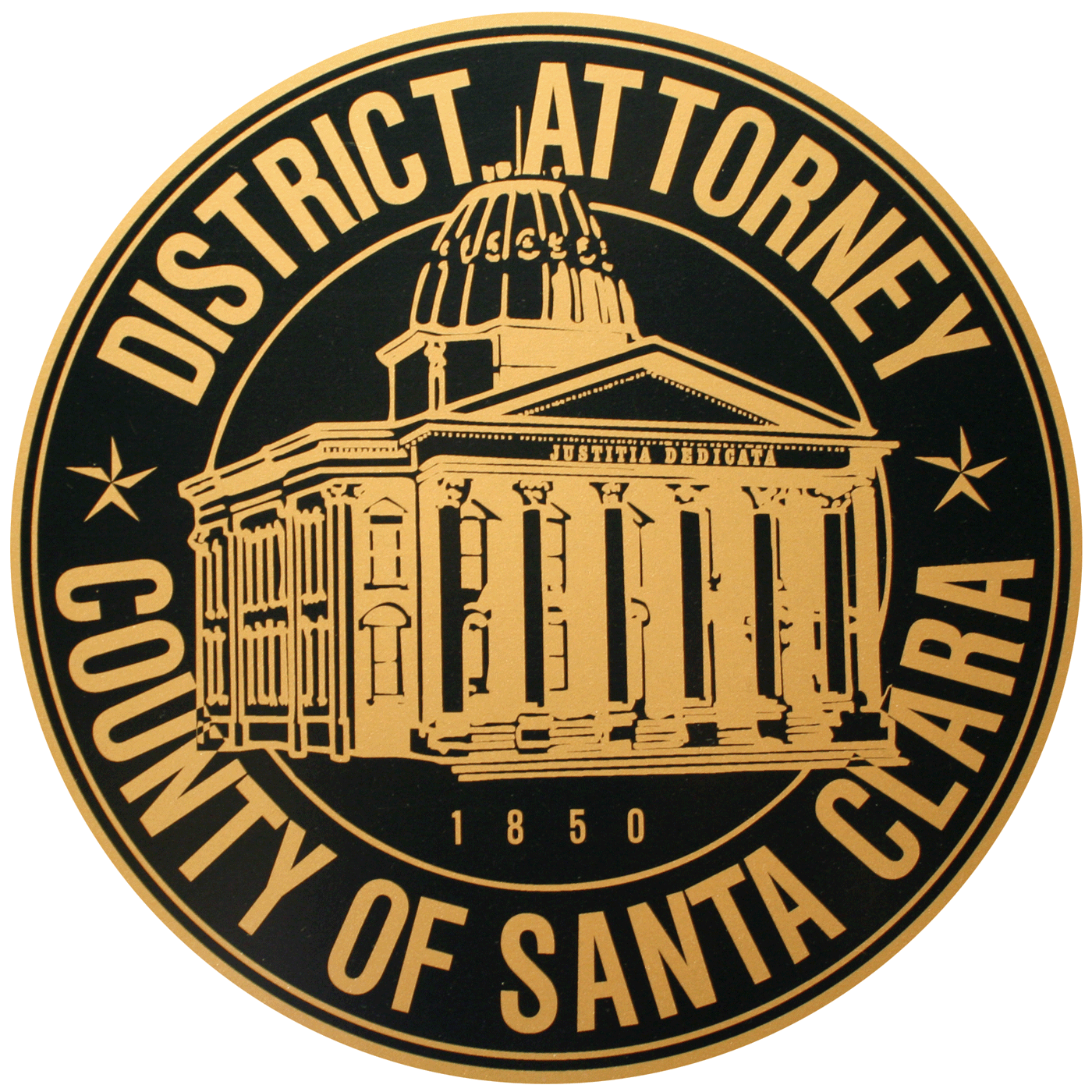Episodes

Monday Apr 17, 2017
2017-IPG#29 (LESSER INCLUDED OFFENSES)
Monday Apr 17, 2017
Monday Apr 17, 2017
This IPG podcast and accompanying 116 page memo discuss a wide variety of issues arising in determining when and whether to give instructions on lesser included offenses. The memo covers several sub-topics not discussed in the live presentation by DDAs Chuck Gillingham and Jeff Rubin. The memo includes a fairly comprehensive list of crimes and their lesser included offenses. Listening/viewing to the podcast will provide 50 minutes of general self-study MCLE credit.

Wednesday Mar 29, 2017
2017-IPG#28(NEW HUMAN TRAFFICKING LAWS)
Wednesday Mar 29, 2017
Wednesday Mar 29, 2017
This podcast discusses the new human trafficking laws going into effect in 2017. Among the new laws discussed: a new affirmative defense unique to defendants charged with any crime other than a violent or serious offense or human trafficking; a new procedure for vacating nonviolent convictions and sealing records when defendants can show their offense was committed as a direct result of being a human trafficking victim; a new evidence code section expressly permitting expert testimony on human trafficking; a new exception to the general rule against surreptitiously recording calls that applies when trying to obtain evidence of human trafficking; a new procedure for allowing minors 15 and under to testify about the crime of human trafficking via closed circuit television; and a new procedure for fast-tracking human trafficking prosecution.

Wednesday Mar 29, 2017
2016 IPG#27 (PROSECUTORIAL ETHICS IN OPENING STATEMENT AND CLOSING ARGUMENT)
Wednesday Mar 29, 2017
Wednesday Mar 29, 2017
This podcast recounts a live presentation by Santa Clara County prosecutors Steve Dal Porto and Jeff Rubin on how to stay within the circle of permissible opening statement and closing argument. The podcast and accompanying memo discusses all areas of argument likely to be the subject of misconduct allegations with the exception of Doyle and Griffin error – topics covered in a previous IPG. The podcast provides 1.5 hours of self-study ethics credit.

Wednesday Mar 29, 2017
Wednesday Mar 29, 2017
This two-hour podcast covers a live lecture presented by Santa Clara County Deputy District Attorney Kathy Storton on the new laws going into effect in 2017 that potentially impact criminal prosecutions. A special guest appearance is made by Santa Clara County Deputy District Attorney Tom Flattery, who discusses some of the new laws that make changes to the California Electronic Communications Privacy Act. The written edition of IPG that accompanies the podcast focuses on a dozen of the new laws going into effect in 2017 that prosecutors are most likely to want to know about, including new laws reducing peremptory challenges in misdemeanor cases, allowing business records obtained by warrant to be admitted in the same way as business records obtained by subpoena, allowing juveniles to engage in prostitution without any criminal penalties, criminally penalizing prosecutors for engaging in bad faith, intentional Brady violations, eliminating the statute of limitations for certain sex offenses, and requiring state prison for persons who rape unconscious or intoxicated victims.

Wednesday Mar 29, 2017
2016 IPG#25 (PROPOSITION 57)
Wednesday Mar 29, 2017
Wednesday Mar 29, 2017
2016 IPG#25 (PROPOSITION 57)
This podcast discusses the recently passed Proposition 57- the Public Safety and Rehabilitation Act of 2016. The discussion covers the impact of the initiative on criminal and juvenile proceedings, its ramifications for prosecutors, and some of the issues that will be raised by its implementation.

Wednesday Mar 29, 2017
2016-IPG#24 (NEW CASES ON PRCS & PAROLE VIOLATIONS)
Wednesday Mar 29, 2017
Wednesday Mar 29, 2017
This edition of IPG covers relatively recent cases that prosecutors handling postrelease community supervision (PRCS) and parole revocations should know about. Among the issues raised by the cases discussed: (i) can a judge terminate a defendant’s parole under his or her power to dismiss pursuant to Penal Code section 1385 when defendant has been sentenced to state prison in a different case? (Vonwahlde 2016 WL 5800026); (ii) can a judge impose additional time (even beyond the 364-day maximum sentence for misdemeanors) on a defendant for violating the one-year parole period imposed on him after his felony was reduced to a misdemeanor under Prop 47? (Hronchak (2016) 2 Cal.App.5th 884); (iii) are PRCS revocation hearings subject to the same rules governing parole revocation hearings? and, if not, do the procedures comport with due process? (Byron (2016) 246 Cal.App.4th 1009 and Gutierrez (2016) 245 Cal.App.4th 393); and (iv) is a defendant who has completed one year of PRCS without violating conditions of his supervision no longer subject to a search condition imposed pursuant to the statute governing PRCS? (Young (2016) 247 Cal.App.4th 972).

Saturday Feb 11, 2017
2016-IPG#23 (TOP 30 QUESTIONS ON THE ARANDA-BRUTON RULE)
Saturday Feb 11, 2017
Saturday Feb 11, 2017
If you have a case with multiple defendants, one or more of whom have given statements implicating one or more of the codefendants, it’s nice to know about the Aranda-Bruton rule. This podcast and the accompanying IPG memo does its darndest to answer the most commonly asked questions in this tricky area of the law.

Saturday Feb 11, 2017
2016-IPG#22 (PEOPLE V. SANCHEZ –ADMISSIBILITY OF HEARSAY UNDERLYING EXPERT OPINION)
Saturday Feb 11, 2017
Saturday Feb 11, 2017
This podcast covers the recent California Supreme Court decision of People v. Sanchez (2016) 63 Cal.4th 665 which modified the rules governing the admissibility of hearsay offered as a basis for an expert's opinion. The impact of the case for prosecutors, especially those handling gang prosecutions is discussed.

Saturday Feb 11, 2017
2016-IPG#20 (WADE-CASTILLOLOPEZ-STREIFF)
Saturday Feb 11, 2017
Saturday Feb 11, 2017
This edition of IPG covers a trio of cases, two from the California Supreme Court and one from the United States Supreme Court. The first of the California Supreme Court cases (Wade (2016) 63 Cal.4th 137) addresses the question of whether a defendant who wears a backpack with a loaded firearm inside it violates the statute prohibiting the carrying of a loaded firearm “on the person.” The second case from the California Supreme Court (Castillolopez (2016) 202 Cal.Rptr.3d 703) addresses whether a concealed pocketknife with an open blade can be considered a “dirk or dagger” for purposes of the statute prohibiting the carrying of dirks or daggers. The case from the United States Supreme Court (Utah v. Strieff 2016 WL 3369419) addresses whether an outstanding arrest warrant that comes to light after an unlawful detention can prevent application of the exclusionary rule to evidence seized incident to arrest on the warrant.

Saturday Feb 11, 2017
2016-IPG#19 (BATSON-WHEELER UPDATE)
Saturday Feb 11, 2017
Saturday Feb 11, 2017
This podcast covers two recent cases involving claims of discrimination in jury selection that provide an interesting contrast in perspective though not necessarily approach. One of the cases is from the United States Supreme Court (Foster v. Chatman 2016 WL 2945233) and the other is from a California Court of Appeal (People v. Aleman 2016 WL 3001137). The podcast touches upon many different Batson-Wheeler issues.

